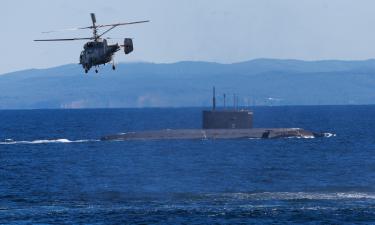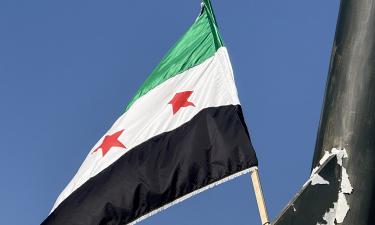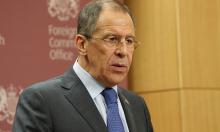Russian bank cans now ignore foreign currency obligations
Russian President Vladimir Putin signed a decree enabling Russian banks, the foreign currency funds of which were frozen in other countries, to suspend operations with businesses in that particular.
According to the decree, the transfer and issuance of funds can also be frozen, TASS reports.
By another decree, the president authorised the Central Bank to determine the maximum value of the bank commission for currency transfers should sanctions be imposed against them. The Central Bank will also be able to set premiums for risk ratios, taking into account the currency issuer. The premiums on such credits and loans will be differentiated depending on the sufficiency of borrower's foreign currency earnings to fulfill obligations.
Earlier it was reported that international financial organizations Citi and JPMorgan decided to break correspondent relations with Russian banks. The measure will not affect a number of structures and, possibly, subsidiaries of foreign banks in Russia.
Western countries stepped up sanctions pressure on Russia after the start of the special operation in Ukraine. At the end of May, the European Union froze assets of the Russian Central Bank in the amount of about €23 billion. The United States announced that it blocked Russian assets worth $330 billion, including about $300 billion from the Bank of Russia. The Russian Ministry of Finance estimated the total amount of gold and foreign exchange reserves frozen abroad at the same amount.
In addition, the United States introduced most stringent restrictions against many Russian banks. On February 21 (when Russia recognized the independence of the DPR and the LPR), Washington imposed sanctions on Promsvyazbank, the state corporation VEB. RF and their subsidiaries. On February 24, with the start of the military operation, similar sanctions were imposed against VTB, Otkritie Bank, Sovcombank, Novikombank. Russia's largest state-run Sberbank was put on the list on April 6.
Subscribe to Pravda.Ru Telegram channel, Facebook, RSS!





